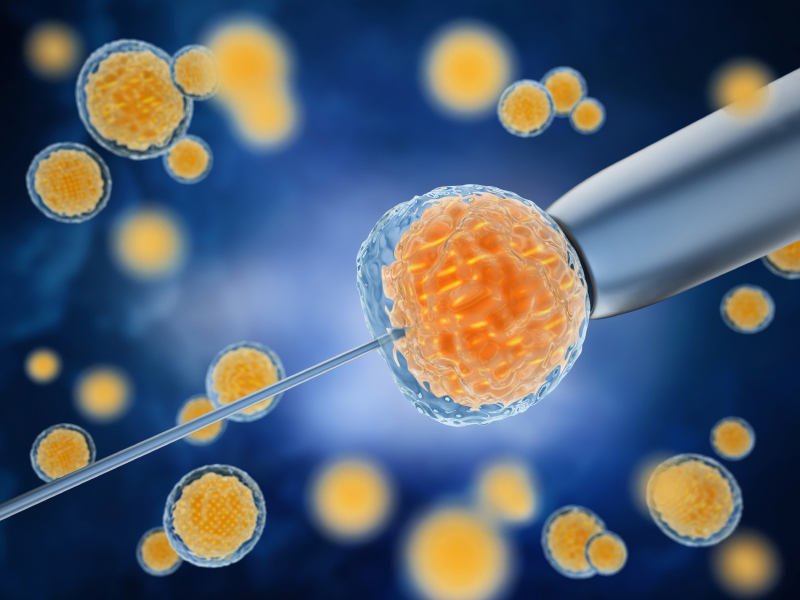Following approval by the Special Rapporteur (see Special Rapporteur in favour of post-mortem insemination), the French Council of State “has authorised the exportation to Spain of the claimant’s deceased husband’s gametes so that post-mortem insemination can be performed in that country”.
The Spanish claimant contested the French administration’s refusal to export to Spain her deceased husband’s frozen sperm stored in a French Human Egg and Sperm Conservation Study Centre. She wanted to “have her late husband’s child” via post-mortem insemination, which is prohibited in France but authorised in Spain for up to one year after the partner’s death (see Council of State Post-Mortem Insemination Decision).
The Council of State “considers that the ban on post-mortem insemination and the ban on exporting gametes preserved in France with a view to post-mortem insemination comply with the European Convention on Human Rights”. However, judging the claimant’s situation to be “highly specific”, the Council of State authorised the transfer in this “exceptional case”. In this situation, the Council of State believed that “application of French legislation would trigger manifestly disproportionate consequences” and would have “an excessive impact on legislation governing the right to private and family life”.
Thus the Council of State “accepts that, if born (following artificial insemination), the child desperately wanted against all odds by the woman, will be the father’s orphan”. For Jean Yves Nau, the aim of this “paradoxical” decision “is to reduce the universal impact of French ethics”. In fact, “in the absence of joint bioethical provisions at European level, France must gradually come to terms with the realities which it once endeavoured to overlook”.
Conseil d’Etat (31/05/2016); Jean Yves Nau (31/05/2016)

